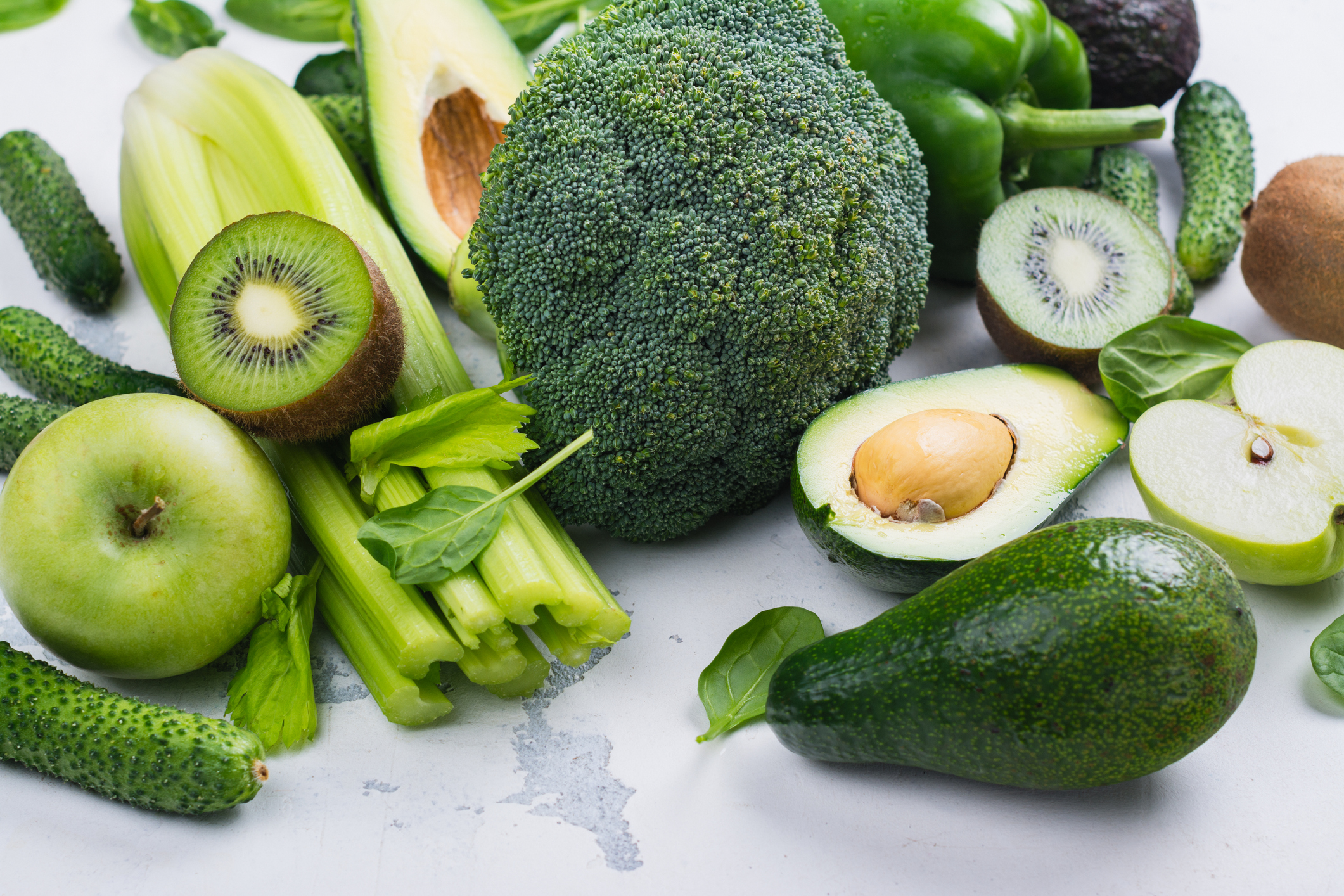Greens and Genes:
Lifestyle changes you can make to maximise your genetic programming.
We are all born with a set of ‘genetic codes’. These codes tell our body how to function. Problems arise when gene codes are broken or missing. Erroneous coding leads to disease and chronic illness, however it is possible to fix genetic coding errors using epigenetics and nutrigenomics.
Epigenetics refers to lifestyle, environment and behaviour changes you can make which impact the expression of your genes. Nutrigenomics refers to diet and supplementation changes you can make which have an impact too.
Here are a few simple lifestyle changes which can maximise genetic programming:

1. ‘Greens and Genes’.
Methylation is an integral part of how your DNA operates, and adequate folate levels are essential for optimal methylation. As such, our founder Dr Laurens Maas recommends adding greens, which are packed with folate, to at least two of your meals a day.
Some ideas for extra folate: a side salad, vegetables, avocado, romaine lettuce, rocket—anything green and plant-based!
Many people have a folate deficiency, but by increasing foliage consumption it’s possible to create a saturation effect. This helps to compensate for any folate deficiency.
2. Chew your food well.
Mechanically breaking up your food creates a larger surface area for digestive enzymes to react. This allows for better absorption of vitamins, minerals and nutrients.
Try this: bring more consciousness to your mealtimes, turn off distractions and focus on taste, texture and chewing.
We find that our clients report better digestion and more enjoyment from their food when doing this.


3. Go to bed on time.
Did you know that your body clock is set ‘to heal’ between the hours of 10pm and 6am?
Going to bed on time is not only important for your energy levels, it also allows your body a chance to optimise its healing time.
If you struggle to go to bed early, try to start your whole evening routine a little sooner. Your body responds to cues so if it gets a sense that you are preparing for bedtime, it’s more likely to ready itself for sleep.
4. Find a form of exercise that you love.
Exercise has been prescribed by doctors and medical professionals for decades. It’s a proven form of anti-ageing, strength-building and—in this instance—optimising gene expression.
In our experience, finding a form of exercise you love, is one of the most effective ways to commit to regular movement.
If and when you get bored, change it up! Consistency is key. Aim to move daily in some way, be that a walk, yoga, weight training or whatever you enjoy. Exercise can help to correct genetic code errors and reduce the risk of disease and chronic illness.


5. Take supplements to support your health.
In modern day life it is difficult to absorb sufficient vitamins and minerals from our diet alone. Outside stressors can also deplete us.
Supplements can help to fill in vitamin and mineral gaps, however it’s important that you know exactly which supplements to take for your unique needs so that you’re optimising your usage and investment.
The most accurate way of identifying the supplements your body needs is by taking a simple blood test to check your vitamin and mineral levels. You can book one of these via an independent practice like The Maas Clinic. At The Maas Clinic, we like to use blood tests in conjunction with genetic testing; this allows us to identify the best form of each supplement for your unique genetic profile.

 Phoenix Maas
Phoenix Maas Our Team
Our Team